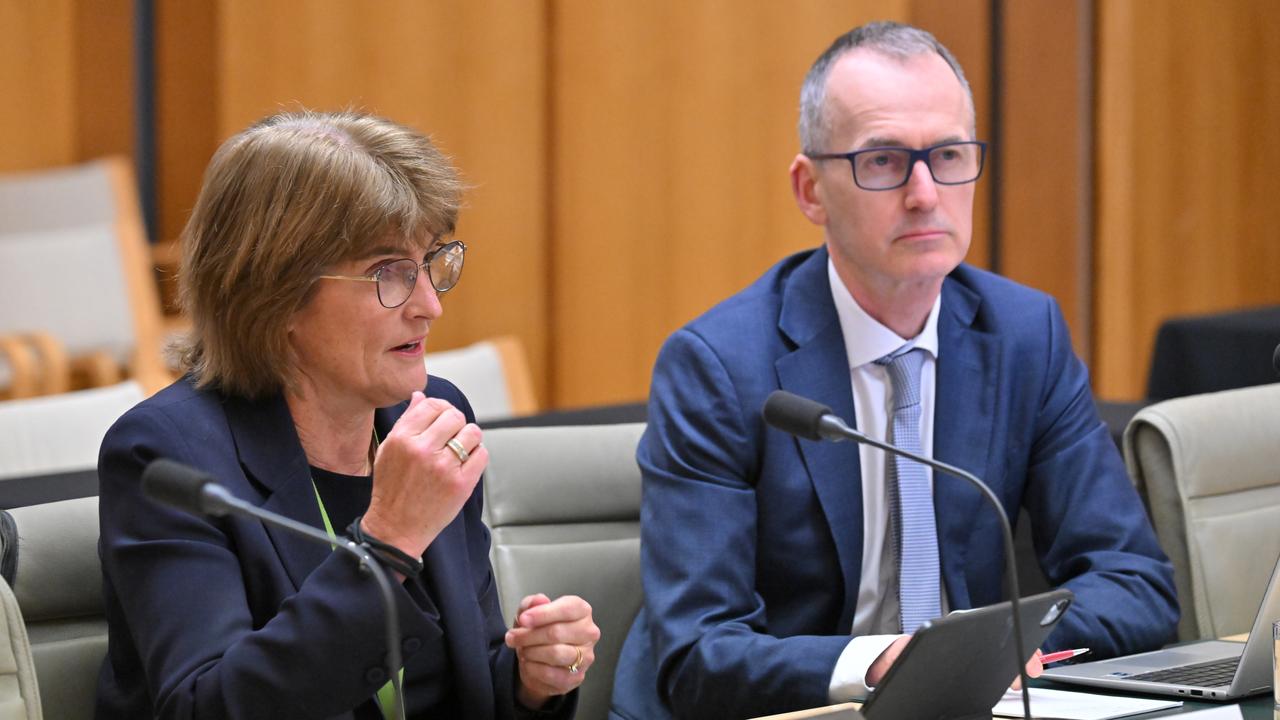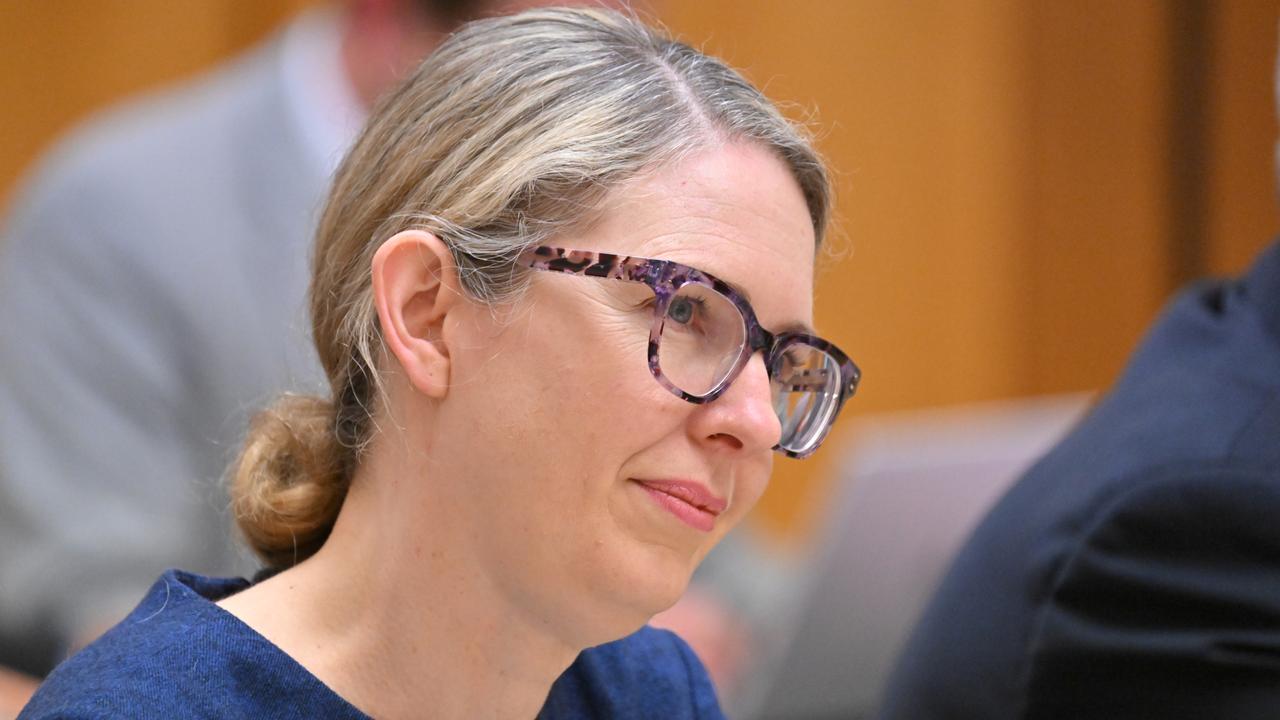
Price rises in parts of Australia's economy remain difficult to contain as businesses struggle under the burden of excessive red tape, top economic officials warn.
Reserve Bank Governor Michele Bullock has used her appearance at a parliamentary inquiry to warn more work might be needed to tame inflation in the services sector.
"In Australia, like many countries overseas, services inflation does remain a little sticky," she told a parliamentary hearing in Canberra on Friday.
"It's being offset by slightly lower goods inflation, but services inflation is still up around three per cent."

The services economy, which includes areas such as education and health care along with professions like hairdressing, accounts for a large slice of economic activity.
Overall, inflation is at 2.8 per cent according to the latest monthly reading, which is at the upper end of its target range of two to three per cent.
Despite her concerns, Ms Bullock said Australia's economy was generally in a "good spot".
"We've got a good unemployment rate so far. We've got inflation back in the band," she said.
Ms Bullock said businesses were driving a greater share of economic growth than before and growth in the public sector was starting to ease.
The RBA boss also faced questions about government spending, energy prices and housing policy during her appearance before the Senate economics committee.

Grilled about the federal government's policy of allowing first-home buyers to get a mortgage with only a five per cent deposit, Ms Bullock said the central bank hadn't produced any modelling on the measure but conceded it would likely push up house prices.
"In the short term, it's possible that housing prices might be a bit higher than they otherwise were," she said.
Ms Bullock also rejected suggestions that the RBA was partly responsible for a spike in the price of housing over the past five years.
"I would not accept that the Reserve Bank is responsible for the housing price issues in this country," she said.
"The problem is the lack of supply relative to demand."

The economics committee also heard from Productivity Commission chairwoman Danielle Wood, who warned businesses appear to be facing an increased burden from regulations.
Ms Wood said her organisation had completed five interim reports on productivity.
"It looks like the burden has increased over time on a number of those different measures," she said.
The commission is conducting more research to put more precise figures on the exact impacts of regulation on Australia's economy, which will be handed to the government at the end of 2025.







